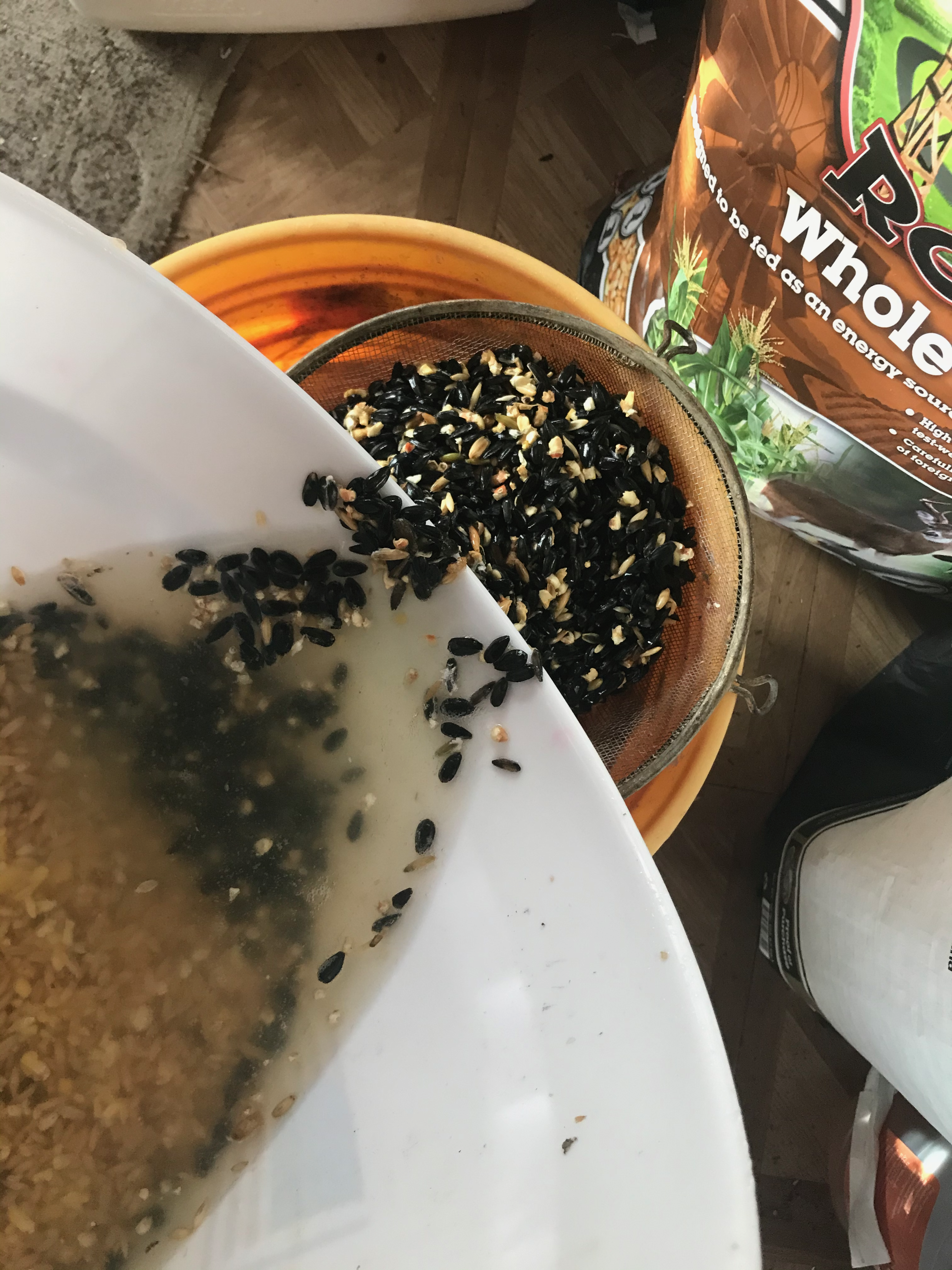Fermentation is a process that involves the breakdown of carbohydrates by bacteria and yeast. Fermentation is a natural process through which microorganisms like yeast and bacteria convert starch and sugar into the natural preservatives that give fermented foods a distinct zest and tartness.
Fermented foods are more nutritious than their unfermented form because they promote the growth of beneficial bacteria known as probiotics. Probiotics improve digestive health and support immune function. The probiotics produced during fermentation can help restore the balance of friendly bacteria in your gut and alleviate digestive problems.
Boosts Your Immune System
The bacteria that live in your gut have a significant impact on your immune system. Due to their high probiotic content, fermented foods can give your immune system a boost and reduce your risk of infections like the common cold. Additionally, many fermented foods are rich in vitamin C, iron, and zinc — all of which contribute to a stronger immune system
Fermentation helps break down nutrients in food, making them easier to digest than their unfermented counterparts. For example, lactose — the natural sugar in milk — is broken down during fermentation into simpler sugars. As a result, those with lactose intolerance are generally able to eat fermented dairy, like kefir and yogurt.
Fermentation helps break down and destroy anti-nutrients which are compounds found in seeds, nuts, grains, and legumes that interfere with the nutrient absorption. The reason that we soak beans overnight before cooking them is to reduce the anti-nutrients found in the skin of the beans. Soaking gets rid of these enzymes that keep us from digesting the beneficial nutrients in the legumes. Fermentation makes food easier to digest, reducing uncomfortable bloat and gas.

